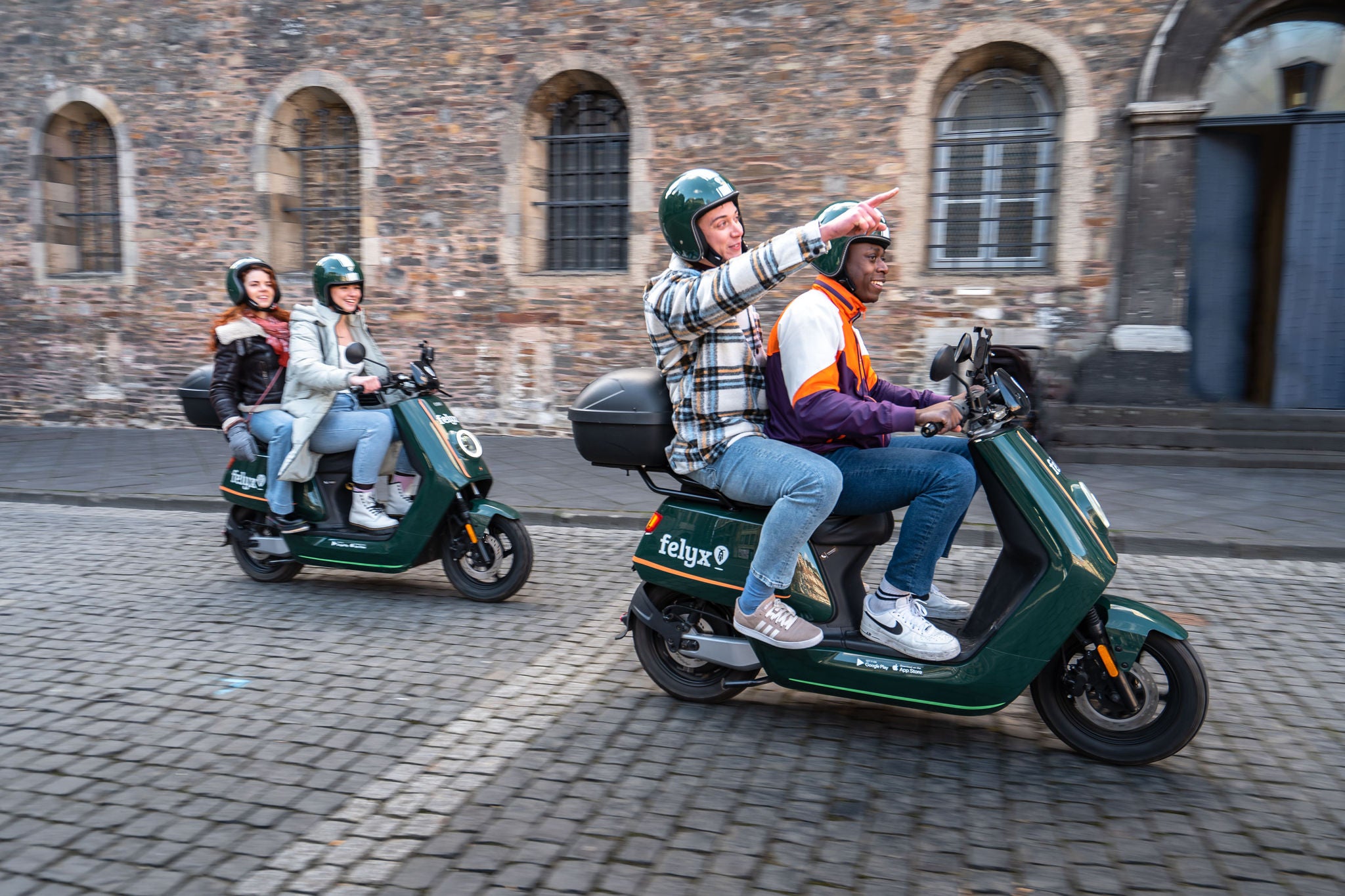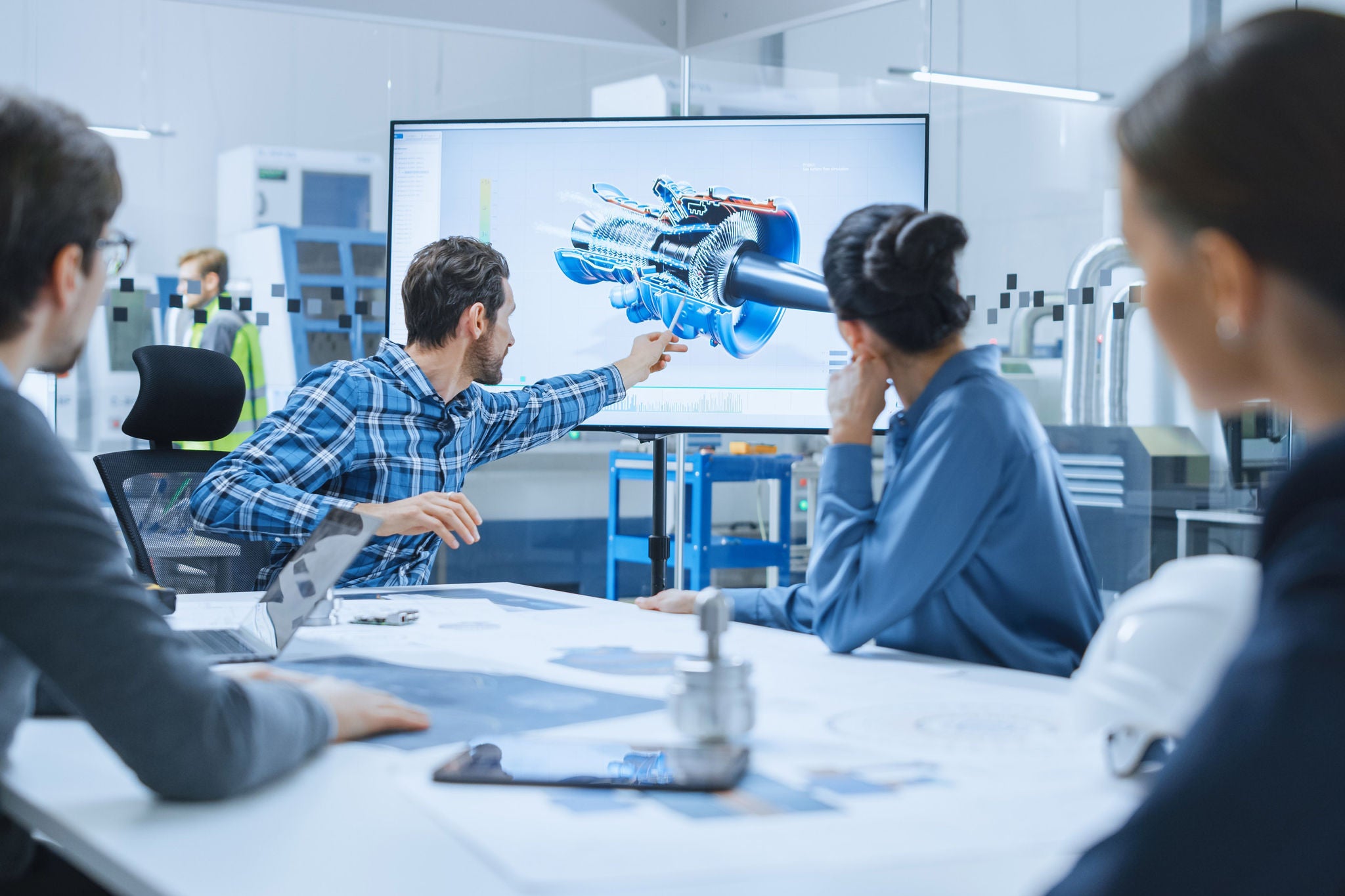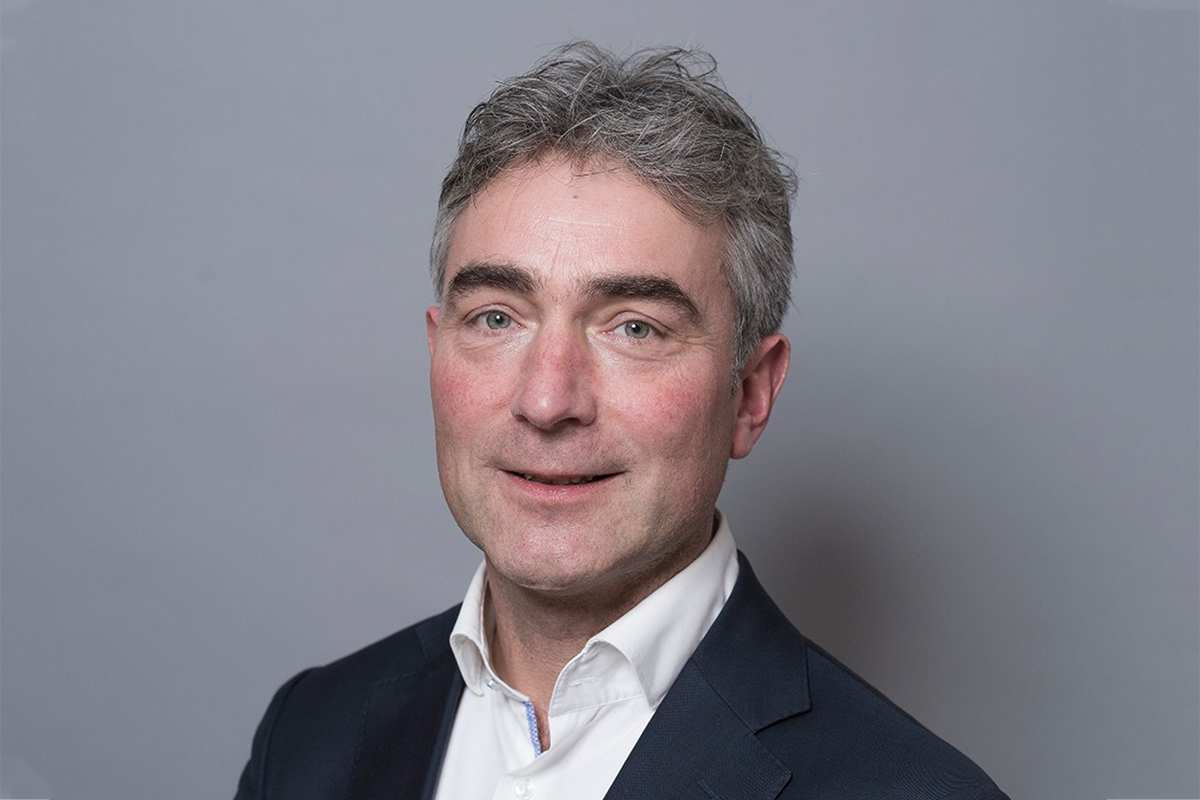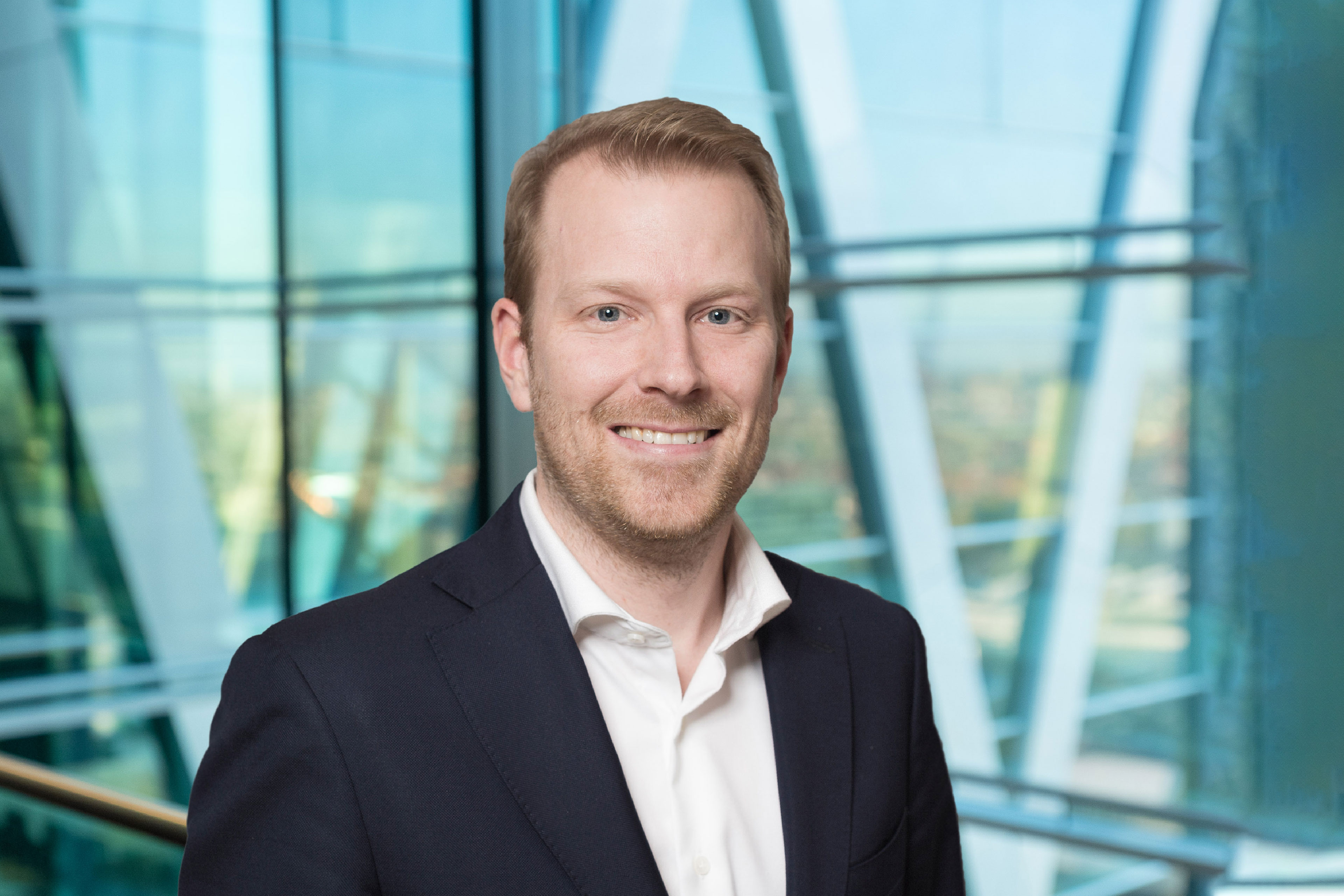The idea behind Felyx came about at the end of 2015 as Quinten Selhorst and Maarten Poot were on their way to visit a friend in a shared car and were being overtaken by bikes and scooters while stuck in traffic. There had to be a better way. In 2017, they were ready to bring their product to market: the shared electric scooter, a new kind of public transport that allows you to traverse busy urban areas with the greatest of ease.
The concept was a success and for the last few years, shared e-scooters have been a permanent fixture on urban streets. A total of 8,000 dark-green Felyx scooters are currently in use in the Benelux and Germany. And it doesn't end there. To bid for a contract to be able to operate in Paris, Felyx asked EY to calculate the CO2 footprint for all life cycles of their service provision.
Roll-out of a sustainability strategy
Quinten Selhorst, CEO and Co-founder of Felyx: “At the time of the tendering procedure, we were already working on further developing our sustainability strategy and researching the bigger picture of our CO2 impact.” Daan Becker, Global Head of Strategic Projects & Sustainability at Felyx: “In the last year we have had our company’s impact calculated in scope 1, 2 and 3, in the course of which the life cycle assessment (LCA) provided us with crucial input. Felyx has a sustainable purpose, which means that it’s important to research how we can achieve an even greater reduction.”
Tom Emmelkamp, Associate Partner Climate Change & Sustainability Services at EY: “Until recently, businesses focused mainly on CO2 emissions from sources inside their own organizations, rather than the CO2 footprint of their products and services, whereas those tend to be the most detrimental to the environment. However, there is a growing expectation on the part of society for businesses to take their responsibility by reducing their environmental impact, including of their products and services.”




